Mobile apps have become an integral part of our lives. We use them to pay bills, shop, learn, communicate, and much more. This also holds true for healthcare. Patients expect to interact with healthcare organizations through mobile channels.
However, navigating the complexities of app development in the healthcare sector is challenging, especially when it comes to adhering to HIPAA regulations. Ensuring that your application aligns with these standards is crucial for both providers and patients.
The importance of HIPAA compliance
Complying with HIPAA regulations is vital for several reasons.
First, it’s the law. Those who mishandle protected health information (PHI) could face legal trouble.
Second, keeping patient data secure also protects healthcare providers. Imagine the fallout if patients realized they couldn’t trust their providers to maintain confidentiality. The impact wouldn’t just be a PR nightmare — it could have financial repercussions as well.
Plus, data sharing has become so complex that it’s much easier than ever before to run into privacy issues. Since the introduction of HIPAA in 1996, data sharing has become increasingly digital and efficient — but it’s also presented new areas of vulnerability that organizations must protect.
Let’s look at how HIPAA-friendly app development helps healthcare institutions and patients.
Key features of HIPAA-friendly applications
To ensure HIPAA compliance, organizations must keep the proper technical, physical, and administrative safeguards in place to protect patient data at every access point. This means that healthcare apps must incorporate the following specific features:
- Data encryption protects patient information by converting it into a code only authorized users can decipher. That way, even if data is intercepted during transmission or accessed without permission, it remains unreadable and secure.
- User authentication verifies the identity of individuals accessing an app so only authorized personnel can view or modify patient data. This feature often involves multifactor authentication (MFA), which requires users to provide two or more verification methods, such as a password and a biometric scan.
- Access controls determine who can access specific information within an app. By assigning different access levels based on personnel roles, you can restrict sensitive data to those who need it for their job functions. This minimizes the risk of data breaches and ensures that patient information is only accessible to qualified healthcare providers.
- Audit trails track all user activities within an app, creating a detailed record of who accessed what data and when. The audits help identify potential security issues, monitor compliance, and provide evidence in case of disputes. Regularly reviewing audit trails is essential for maintaining accountability and adhering to HIPAA regulations.
By integrating these features, healthcare apps can foster trust and security in the digital health landscape.
Tips for creating apps that help you with HIPAA compliance
Creating apps that assist with HIPAA compliance involves a meticulous blend of expertise, technology, and strategic planning. It starts with consulting experts who can guide the development process to ensure that every aspect of the app adheres to regulatory standards. What steps can you take to develop a HIPAA-friendly app?
- Get help from experts. Consult HIPAA compliance experts to consider all potential regulatory requirements.
- Evaluate patient data. Assess what kinds of patient information your app will handle and how it will be stored and transmitted.
- Find third-party solutions. Use reliable third-party services that offer HIPAA compliance features to speed up the development process.
- Run audit and penetration tests. Regularly test your app for vulnerabilities and compliance issues as it evolves.
- Implement a long-term strategy by logging. Maintain detailed logs of all data access and interactions to facilitate audits and ensure ongoing compliance.
- Develop a comprehensive privacy policy. The policy should outline how patient data is collected, used, stored, and protected, and users should be able to access it easily.
- Train your team. Train everyone involved in the development and maintenance of your app on HIPAA compliance.
Types of healthcare apps that should comply with HIPAA rules
Not all healthcare apps need to comply with HIPAA regulations, but those that handle sensitive patient information certainly do. To know whether your app falls under HIPAA’s scope, consider the following criteria:
- Entity: If your app is for healthcare providers, health plans, or any entity that processes protected health information (PHI), it must comply with HIPAA. Some entity examples may include hospitals, clinics, private practices, and even fitness companies using apps if they’re connected to healthcare services.
- Data: Any app that stores, processes, or transmits PHI is required to adhere to HIPAA regulations. PHI includes any information that identifies a patient and relates to their health condition, treatment, or payment for healthcare services.
- Software security: Apps must implement robust security measures to protect PHI, including data encryption, secure user authentication, and access controls. Apps that fail to adequately secure PHI can expose sensitive information to breaches.
Common pitfalls to avoid while developing a healthcare app
Developing a healthcare app that complies with HIPAA can be a complex process filled with potential pitfalls. Avoiding these common mistakes is crucial for the reliability of your app.
- Security vulnerabilities: Cybercriminals can exploit these weaknesses, leading to data breaches that compromise sensitive patient information. To avoid this, conduct thorough security assessments throughout the development process.
- Weak access controls: Insufficient access controls can allow unauthorized individuals to access sensitive patient data, resulting in violations of HIPAA regulations and severe penalties.
- Flawed authentication mechanisms: Poorly designed authentication mechanisms can expose your app to unauthorized access. Simple passwords or easily guessed security questions can be significant vulnerabilities.
- Inadequate data encryption: Failing to encrypt sensitive data both in transit and at rest is a common mistake that can lead to data breaches. Use industry-standard encryption protocols, such as TLS for data in transit and AES for data at rest.
- Poor data management practices: Inefficient data management can lead to unauthorized access, data loss, and corruption. Implement data management policies that include regular backups, secure data storage, and transparent data retention policies.
The Jotform Health App: A great way to meet your needs without coding
When it comes to creating a HIPAA-friendly app tailored to your specific needs, the Jotform Health App stands out for its flexibility and accessibility for smaller organizations. Designed with healthcare professionals in mind, this app offers a comprehensive suite of features to seamlessly manage appointments, health records, consent forms, and intake forms.
Why choose the Jotform Health App?
The Jotform Health App delivers a host of benefits that make it an invaluable asset for healthcare providers:
- Mobile medical data collection: Collect patient data with custom forms that are encrypted to protect PHI.
- Kiosk mode: Set up the app in kiosk mode for secure and streamlined patient check-ins to improve your practice’s efficiency and professionalism.
- Data collection from anywhere: Whether in the clinic or out in the field, the app allows you to take your workstation with you and gather patient information from any location.
- Advanced form features: Advanced healthcare form features allow you to add functionality like appointment scheduling, Zoom integration, consent forms, e-signatures, and more.
- Collaboration capabilities: Easily share and assign forms to your team, fostering better collaboration and coordination in patient care.
- Ready-to-use templates: Jotform has over 3,500 healthcare forms that you can customize to fit your needs.
The Jotform Health App is available for download on the App Store and Google Play, making it easy to integrate into your daily operations.
Use the Jotform Health App to enhance your healthcare services, streamline data management, and ensure compliance with ease. With its user-friendly interface and robust features, managing patient information has never been more efficient or secure. Try it today.
FAQs about apps for HIPAA compliance
How much does it cost to develop a HIPAA-friendly app?
The cost of developing a HIPAA-friendly app can vary widely based on complexity, features, and compliance measures. It’s essential to budget for ongoing compliance efforts, not just initial development. Even simple apps can start around $50,000 and easily surpass $200,000, depending on their complexity. These figures are only rough estimates; actual costs can vary based on the specific requirements and the development team’s rates.
Is there any certification required to build a HIPAA-friendly app?
No specific certification is required, but adherence to HIPAA standards is mandatory. Consult with compliance experts to ensure that your app meets all requirements.
Is HIPAA required only for telemedicine apps?
No. Any app that handles protected health information must comply with HIPAA regulations.
What is the relationship between HIPAA and healthcare operations?
HIPAA ensures the protection and confidential handling of patient health information in healthcare operations.
What are the consequences of noncompliance with HIPAA regulations?
Noncompliance can result in severe fines, legal action, and damage to reputation.
Important: This blog post is offered for readers’ convenience, not as legal advice. Consult with your attorney regarding your particular legal situation.
Photo by Ivan Samkov





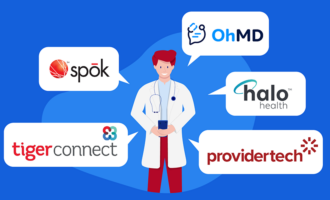
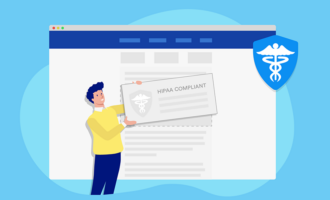
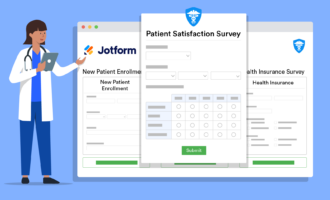

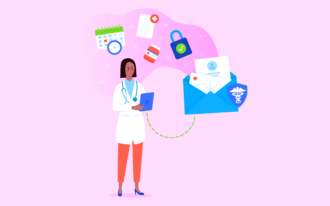

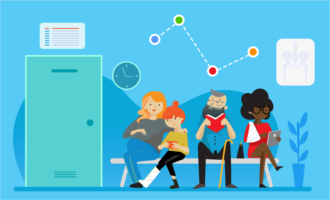




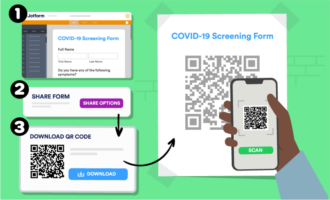

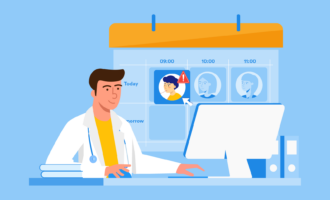

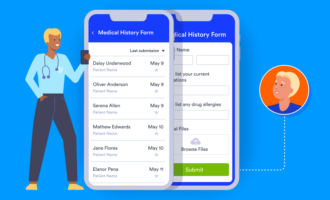

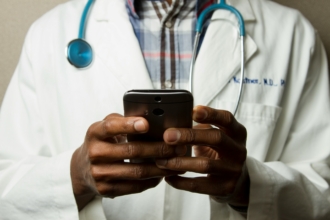




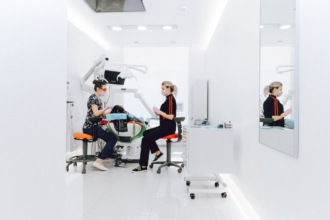
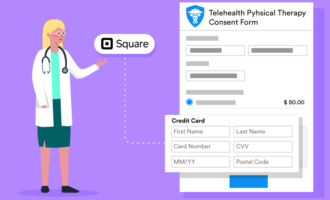



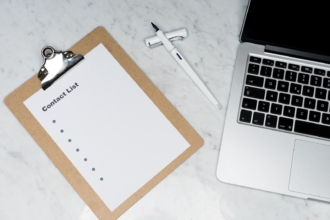


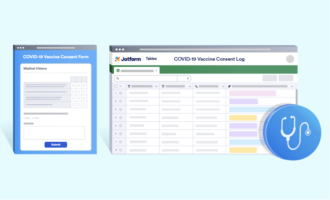

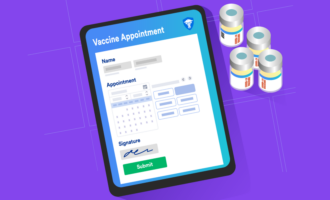


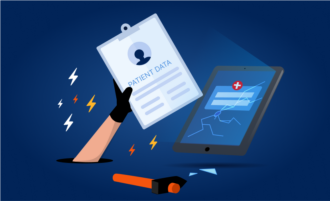





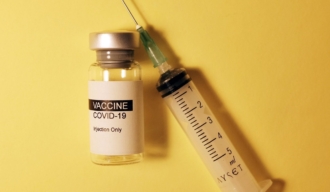

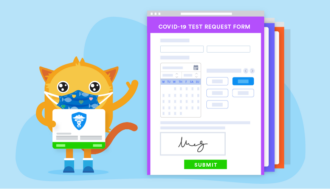





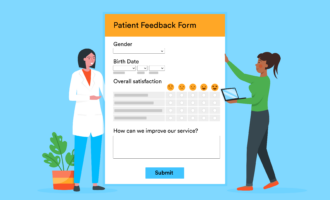

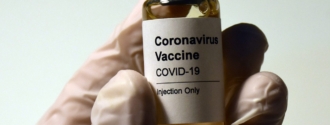

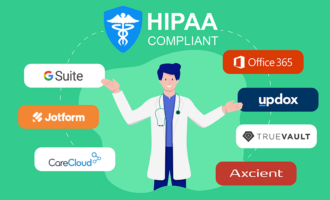
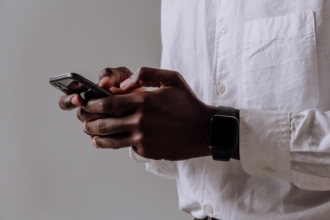





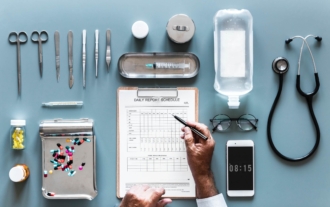





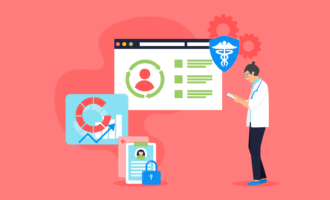

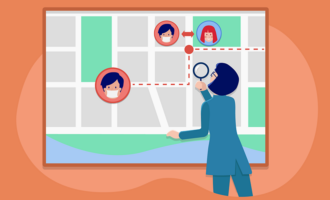

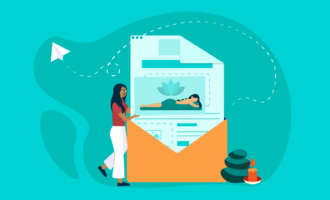
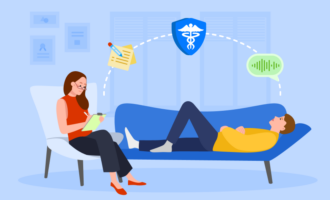

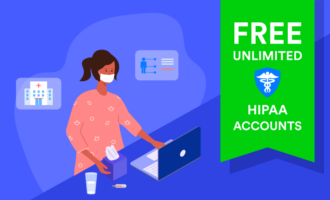





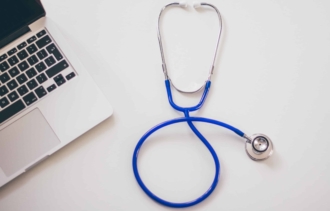


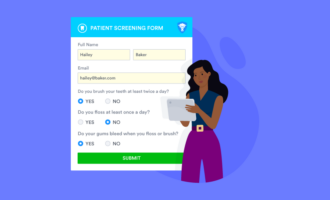


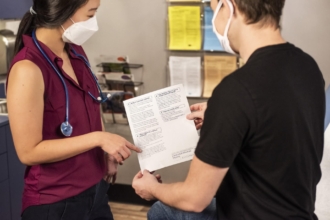

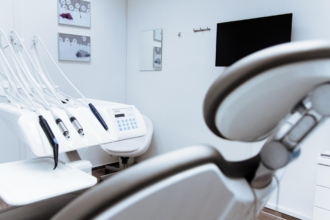





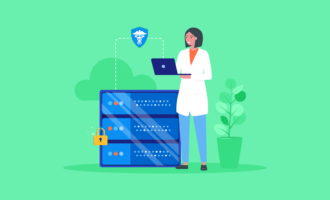
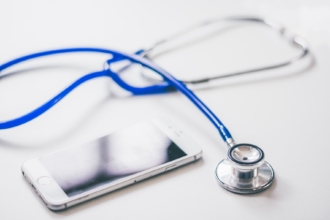

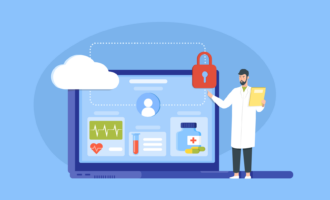


Send Comment: